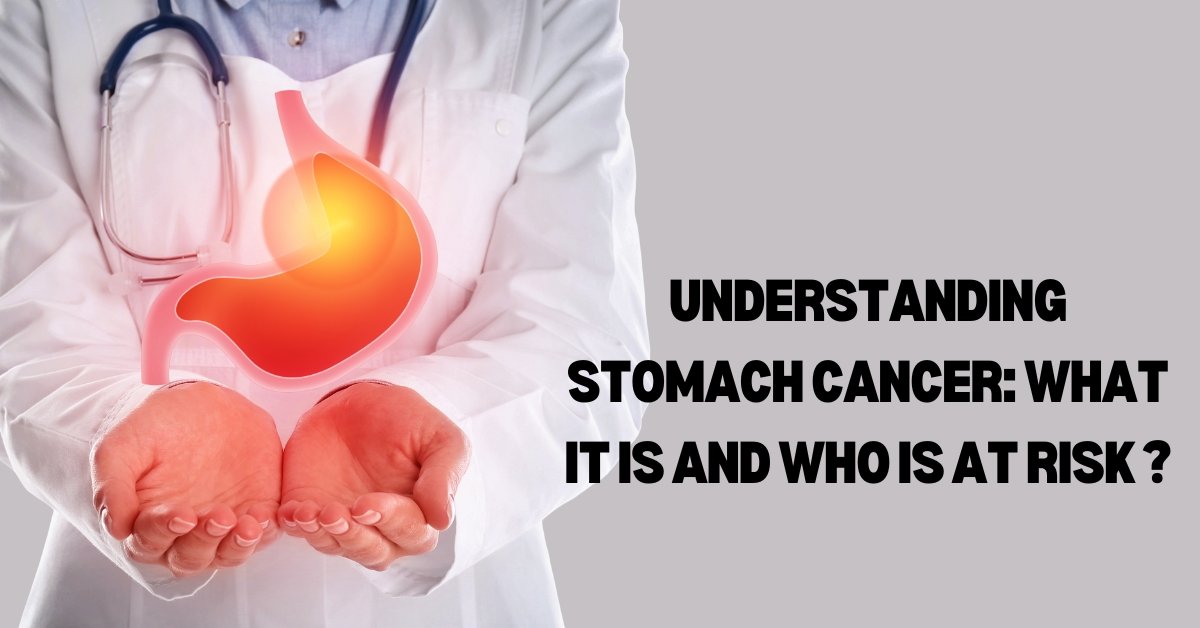
Stomach cancer, also known as gastric cancer, is a serious and often challenging diagnosis. As an oncologist, I frequently encounter patients and families seeking to understand this disease better, including its risk factors, symptoms, and prevention strategies. In this blog, I aim to provide a clear overview of stomach cancer, who is at risk, and what you can do to mitigate your risk.
What Is Stomach Cancer?
Stomach cancer occurs when abnormal cells in the stomach lining begin to grow uncontrollably, forming tumors. These tumors can invade and damage nearby tissues and organs. Stomach cancer is often classified into different types, with the most common being adenocarcinoma, which originates from the glandular cells of the stomach lining.
The progression of stomach cancer can be divided into several stages, from early-stage cancer confined to the stomach lining to more advanced stages where the cancer has spread to nearby lymph nodes or distant organs. Early detection is crucial because stomach cancer is often asymptomatic in its initial stages, which makes it challenging to diagnose early.
Symptoms of Stomach Cancer
The symptoms of stomach cancer can be subtle and may resemble those of other, less serious conditions. Common symptoms include:
- Persistent Indigestion or Heartburn: Unexplained and frequent indigestion or heartburn that doesn’t improve with over-the-counter medications.
- Nausea and Vomiting: Persistent nausea or vomiting, especially if it occurs with blood or a substance that looks like coffee grounds.
- Abdominal Pain: Persistent pain or discomfort in the abdomen, which may be localized or diffuse.
- Loss of Appetite: A noticeable decrease in appetite or feeling full after eating only a small amount of food.
- Unexplained Weight Loss: Significant weight loss without a known cause.
- Difficulty Swallowing: Trouble swallowing or a sensation of food getting stuck in the throat.
If you experience any of these symptoms persistently, it is important to consult a healthcare professional for a thorough evaluation.
Who Is at Risk for Stomach Cancer?
Several factors can increase the risk of developing stomach cancer. While some of these factors are beyond our control, understanding them can help with early detection and prevention. Risk factors include:
- Age: Stomach cancer is more common in individuals over the age of 50. The risk increases with age.
- Gender: Men are more likely than women to develop stomach cancer. The reasons for this discrepancy are not entirely clear but may relate to hormonal differences and lifestyle factors.
- Family History: A family history of stomach cancer or genetic conditions like *Hereditary Diffuse Gastric Cancer (HDGC) can increase your risk. If you have a close relative with stomach cancer, discussing your family history with your doctor is important.
- Helicobacter pylori Infection: Infection with *Helicobacter pylori (H. pylori) bacteria is a known risk factor. This bacterium can cause chronic inflammation of the stomach lining, leading to an increased risk of cancer.
- Diet: Diets high in salty, smoked, or pickled foods and low in fruits and vegetables can increase risk. A diet rich in fresh fruits and vegetables is associated with a lower risk.
- Smoking and Alcohol Consumption: Smoking and heavy alcohol use are associated with an increased risk of stomach cancer. Quitting smoking and moderating alcohol consumption can help reduce this risk.
- Certain Medical Conditions: Conditions like **chronic gastritis, **stomach ulcers, and *Barrett’s esophagus can increase the risk of stomach cancer.
- Obesity: Being overweight or obese can also be a risk factor for developing stomach cancer.
Preventive Measures and Early Detection
While not all risk factors can be controlled, there are steps you can take to reduce your risk:
- Healthy Diet: Adopt a diet rich in fruits, vegetables, and whole grains while limiting processed and salted foods.
- Regular Screening: If you are at higher risk due to family history or other factors, discuss with your doctor whether early screening or surveillance is appropriate.
- H. pylori Treatment: If you have an H. pylori infection, seek treatment to reduce the risk of related complications.
- Quit Smoking and Limit Alcohol: Avoid smoking and limit alcohol consumption to lower your risk of stomach cancer.
Conclusion
Stomach cancer is a serious condition with various risk factors and symptoms that can often be mistaken for other health issues. Understanding the risk factors and symptoms is crucial for early detection and prevention. If you have concerns about stomach cancer or are at higher risk, I encourage you to consult with a healthcare professional for personalized advice and appropriate screening options.
Early diagnosis and treatment can make a significant difference in outcomes, so staying informed and proactive about your health is key. Together, we can work towards a future with better prevention, early detection, and treatment of stomach cancer.
Why More Young Adults Are Developing Colorectal, Pancreatic & Other GI Cancers …
By Dr. Saadvik Raghuram Y – Leading Oncologist in Hyderabad World Cancer …
Why Are So Many Young People Getting Cancer Today? Across the world, …
January is Cervical Cancer Awareness Month in India, and this article explains …
Cancer-Related Fatigue (CRF) is one of the most common—and most underestimated—symptoms experienced …
Every year, Aplastic Anemia Awareness Month shines a spotlight on a rare …

